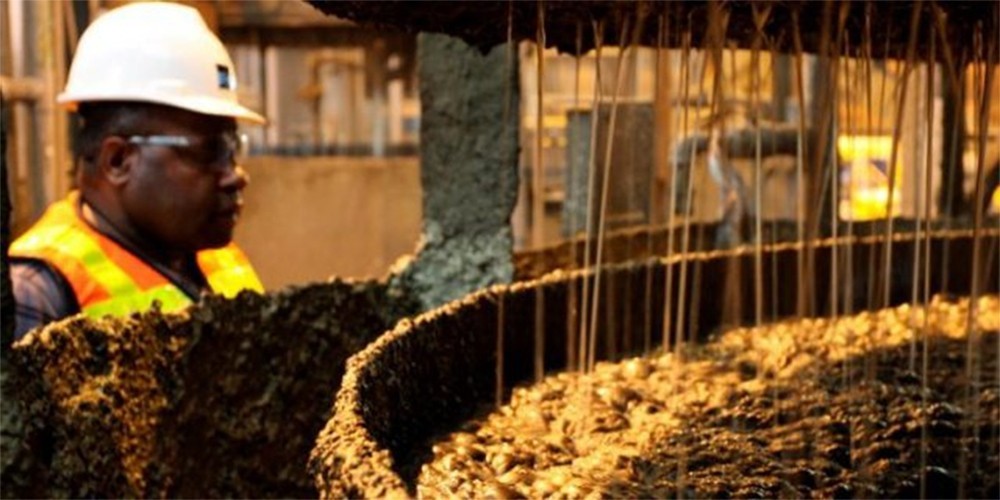Popular Reads
Top Results
Can't find what you're looking for?
View all search resultsPopular Reads
Top Results
Can't find what you're looking for?
View all search resultsIndustry group slams mining policy U-turn
Change text size
Gift Premium Articles
to Anyone
I
nterim energy and mineral resources minister Luhut Pandjaitan’s proposal to relax an impending export ban of unprocessed mineral ores has been protested by miners, who question the government’s commitment to smelter development.
Luhut, who took over the position on Aug. 15 to replace Arcandra Tahar, who had a citizenship issue, suggested that some commodities be allowed an export extension for a duration of three to five years depending on a company’s smelter development progress and commodity prices.
The stipulation, he said, could be inserted in the upcoming revision of the 2009 Mining Law, an idea quickly slammed by the Processing and Smelting Companies Association (AP3I).
Such an allowance would cause uncertainty for investors, who may conclude that the government was not serious about reducing the country’s reliance on imports by developing smelters to give added value to the industry, AP3I chairman Prihadi Santoso said.
“The public, domestic smelter companies and foreign investors will all question the government and perceive that it is not serious and does not have a clear concept on the development of the downstream mineral industry,” he told a press briefing on Wednesday.
The law revision is anticipated as the ban on raw mineral exports will be implemented at the beginning of 2017. The ban’s purpose is to encourage smelter development to strengthen the industry’s downstream sector.
The revision of the 2009 Mining Law has been included in this year’s National Legislation Program (Prolegnas).
Prevailing regulation stipulates that mining firms working on smelter projects must deposit 5 percent of their total investment in local banks as collateral to ensure that development continues. The surety bonds are a prerequisite for the firms to obtain permits to export semi-finished mineral products, a permit that can be extended every six months.
Twenty-seven smelters have been constructed between 2012 and 2016, with total investment of US$12 billion, according to AP3I data.
Apart from the possible negative effects that relaxing the ban may have on the country’s investment climate, Prihadi said, allowing mining companies to export mineral ore would make it difficult for processing companies without mines to obtain domestic supplies.
“The government should guarantee a supply of raw material for established smelters in the form of a domestic market obligation of several mineral ore and concentrates based on their quality, quantity and economic value,” he added.
But Luhut, who is also the coordinating maritime affairs minister, explained that several companies had stopped construction of their smelters because it was no longer economically viable with the export ban in place.
“Let’s look at the companies that might have completed 25 or 35 percent of construction but stopped because of their cash flow. If we look at it fairly, we can relax the ban for a limited amount of time,” he said during a recent hearing with House Commission VII overseeing energy affairs, which is responsible for the 2009 Mining Law revision.
“This is not just their fault; it is also ours. The 2009 law was only implemented in 2014 and it was impossible for [mining companies] to invest so much in building smelters during a time when commodity prices were dropping.”
Not all are unsupportive of Luhut’s proposal. Diversified state miner Aneka Tambang (Antam), which is currently working on four smelter development projects, supported him because the export ban had limited the company’s business potential on exports without adding value to end products.
“Antam has several mineral ores that are byproducts of our mining activities. These are currently economically unfeasible to supply to either Antam or other domestic smelters,” Antam executive director Tedy Badrujman said in a press statement.










